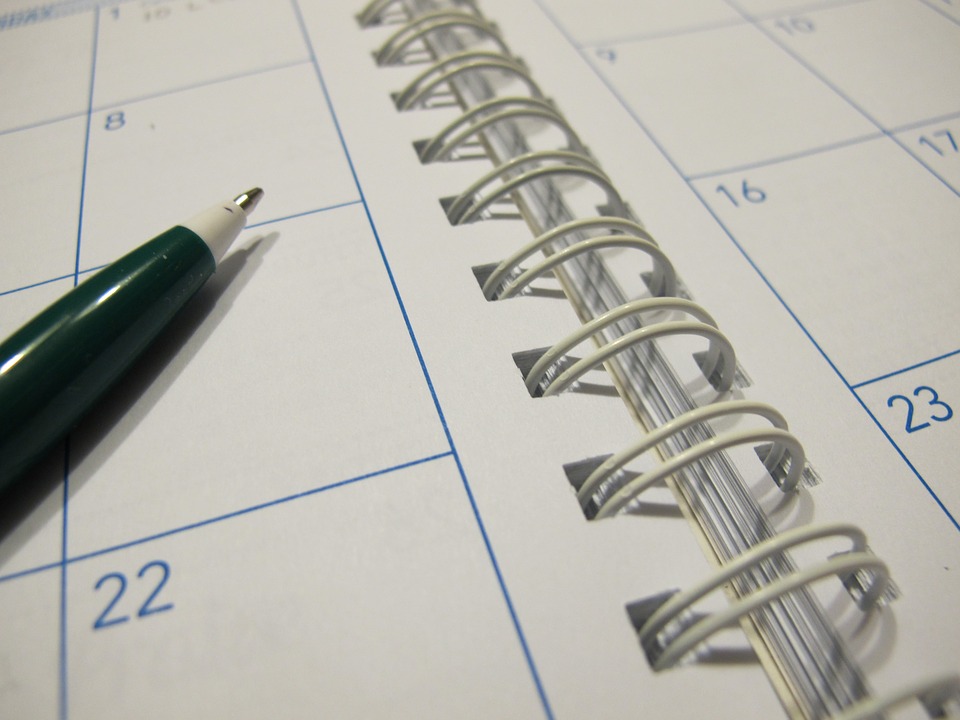Often you find yourself with a few spare minutes, but not enough to do anything meaningful with on your writing project—or so you thought.
Here are a few suggestions for how to fit a little more writing-related moments into your day or make better use of your spare moments to stay connected to your writing project. .
Check in with the world

Mindfulness helps to keep you de-stressed and balanced. When you find yourself with a few minutes, check in with your world. Notice, notice, notice. Notice 5 things you can see, 4 things you can hear, 3 things you can smell, 2 things you can taste or touch and 1 description of how you feel. Practicing this often fills your creative well and gives you more to draw from when you get back to writing
Think and plan

I’ve always believed that thinking about my story is part of the writing process. Asking myself character questions, mulling over the why of an action my character just took, working through a plot dilemma, thinking up new characters and plot events….
Read
Stephen King said “If you don’t read, you can’t write.” Fiction, non-fiction, poetry, general news: it is all grist for the mill. Check out the latest posts from your favourite writing blogs, magazines or organizations. Have a “read it later” file to save articles to that you want to read but don’t have time or head-space for right now. Or pick up your present print book and enjoy a new chapter. If you prefer audio, use extra time to download your preferred listening material to use on your daily walk, while cooking supper or just relaxing on the porch with a beer. It’s so much nicer to have it ready to go when you need it, than having to use your walking time (or writing time) to download.
Research
If I’m in the writing zone, and I don’t know a fact, I usually just type a note to myself like this: Conrad drove up in his XXX car (HOTTEST CAR OF 1989) and research it later. Think of how many items you could look up in ten minutes.
Back up your files

Many of us know the awful sinking feeling of lost work. The next time you’re waiting for your lunch to finish cooking, why not take a moment and back up all your files. Better yet, get yourself hooked up to an automated cloud-based backup. There are many out there. I use Dropbox and it’s saved my bacon many times. I also do periodic flash drive back ups of particular files for an extra layer of comfort. Remember, you don’t have to back up everything. Sync only what needs to be backed up. Make yourself a checklist of what’s important if you like.
Create a checklist
Checklists are great for taking advantage of the think-it-out-once, do-it-many-times-efficiently approach to routine tasks (see previous tip) But there are many kinds of checklists, and in a few minutes, you can create one to use later, or refine and update an existing one. You can have editing checklists, marketing checklists and creative checklists like a “Character” list including items like: main external goal, strengths, weaknesses, emotional wound, secrets, greatest fears, favourite colour, phobias etc. etc.
Transcribe

If your journals are anything like mine, there are all sorts of hastily written ideas and beginnings of poems or stories. Some writers even write longhand first for all their writing. Use a few spare minutes to get some of them typed up on your computer. You can save them individually as progress files, or collectively in an ideas file. Or physically tag them with Post-its for transcribing later.
Network on social media
Use your spare moments to follow a new writer or publisher. Engage with people of all kinds in the writing world. Find and share a promotional post from a writer you admire, or research a new market for your own work. Just beware the rabbit hole…..
Google Yourself
Run a Google search on your name and /or your book title. I have found articles I’ve written reprinted without permission and then secured reprint fees. I’ve enjoyed and filed away comments or reblogs I wasn’t aware of. Googling also gives me an idea of what comes up first in the SEO algorithms, so I can address that if necessary.
Update your bio

Handy in a computer file, every writer should have several bios (long 100-300 and short 30, 50 and 100-word) ready to go for all the different forms they write in: poetry; short stories, etc. And those bios should be up to date, but it’s amazing how quickly they become stale. Take this time to update a least one. Don’t forget online bios and headshots too.



 In January, we traditionally take stock of our lives. For writers, that involves our creative lives, our writing lives. So far, we have already looked at
In January, we traditionally take stock of our lives. For writers, that involves our creative lives, our writing lives. So far, we have already looked at 



 the end of my studio time, right on the dot of 4:00, Joey the Dog comes in, sits down and stares hard at me. He’s letting me know in no uncertain terms, it’s time for his walk. It’s like having my own personal trainer.
the end of my studio time, right on the dot of 4:00, Joey the Dog comes in, sits down and stares hard at me. He’s letting me know in no uncertain terms, it’s time for his walk. It’s like having my own personal trainer. Aprille has fond childhood memories of outdoor adventures and time spent near the water. Today, she lives by the Bay of Fundy and her art reflects this love of the outdoors. She divides her time between painting, writing and teaching watercolour workshops.
Aprille has fond childhood memories of outdoor adventures and time spent near the water. Today, she lives by the Bay of Fundy and her art reflects this love of the outdoors. She divides her time between painting, writing and teaching watercolour workshops.









 The writing critique group I belong to understands this perfectly. We meet every two weeks and at the end of each meeting we all set a writing goal for the next two weeks only. We each set our own goal depending on what we are working on at the time and what is happening in our lives.
The writing critique group I belong to understands this perfectly. We meet every two weeks and at the end of each meeting we all set a writing goal for the next two weeks only. We each set our own goal depending on what we are working on at the time and what is happening in our lives. When I’m trying to avoid that “frog”, I play solitaire, disappear into social media or sort the kitchen junk drawer or….. I’m sure you have equally pointless—and time consuming—avoidance tactics.
When I’m trying to avoid that “frog”, I play solitaire, disappear into social media or sort the kitchen junk drawer or….. I’m sure you have equally pointless—and time consuming—avoidance tactics. Now this may seem contradictory to the “eat the frog” principle, but getting through your to-do list and achieving your goals begins with making your bed.
Now this may seem contradictory to the “eat the frog” principle, but getting through your to-do list and achieving your goals begins with making your bed. So there you have it.
So there you have it. A writing retreat is a great way to focus on your writing projects and goals and registration for Writescape’s
A writing retreat is a great way to focus on your writing projects and goals and registration for Writescape’s 
 Often when you begin writing about the subject of the prompt — say swimming in a lake — it can take you somewhere else — say an experience of drowning or crab baskets in Italy or how your father never believed in taking vacations. Go there. Forget the prompt and go where the energy is.
Often when you begin writing about the subject of the prompt — say swimming in a lake — it can take you somewhere else — say an experience of drowning or crab baskets in Italy or how your father never believed in taking vacations. Go there. Forget the prompt and go where the energy is. Switch it up
Switch it up Write what you know
Write what you know  Be specific
Be specific Lists
Lists
 ok
ok  If writing is important to you, it needs to be built into your routine in the same way that you build in any other important activity in your life. If you need to schedule writing time like dental appointments, piano lessons, or hockey practice, do it. Think of writing as your “job” and block out set times like you would if you were going to work.
If writing is important to you, it needs to be built into your routine in the same way that you build in any other important activity in your life. If you need to schedule writing time like dental appointments, piano lessons, or hockey practice, do it. Think of writing as your “job” and block out set times like you would if you were going to work.





 through Chapter 1 again. For the moment you are convinced that, yes, you started in the right spot. But you find a short cut on an upper stretch that improves the trip, so you make it. Chapter 1 feels really good now.
through Chapter 1 again. For the moment you are convinced that, yes, you started in the right spot. But you find a short cut on an upper stretch that improves the trip, so you make it. Chapter 1 feels really good now. And the truth is, most first drafts are not publishable. As Hemingway so succinctly said, “All first drafts are shit.” First drafts will have strong parts and weaker bits, and bits that should be axed and areas where more needs to be written. That’s NORMAL. That’s what the editing process is for.
And the truth is, most first drafts are not publishable. As Hemingway so succinctly said, “All first drafts are shit.” First drafts will have strong parts and weaker bits, and bits that should be axed and areas where more needs to be written. That’s NORMAL. That’s what the editing process is for.



